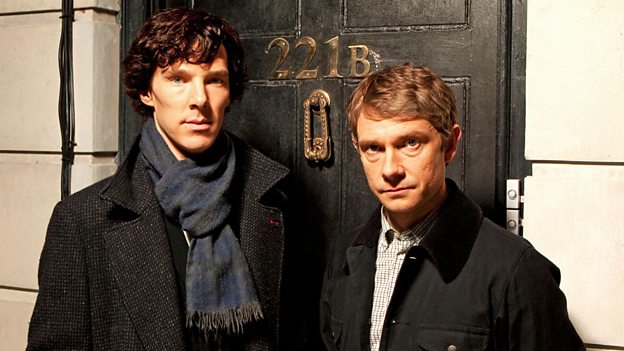Is Netflix’s increasing focus on original drama set to threaten BBC supremacy?
BBC dramas have long been the jewel in the crown of British television and the BBC iPlayer’s recent gift of ‘Box Sets’ has meant that the programmes are more accessible and exciting than ever. The British Broadcasting Corporation just seems to know what viewers want. Whether a programme satisfies a perverse fascination with serial killers, as in the case of Rillington Place, or feeds a desire to watch a ‘Time Lord’ hop from universe to universe in a blue telephone box, they have it all.
The BBC have proven themselves particularly adept when it comes to producing gripping crime dramas. Brilliantly, the company have proven just how much scope for diversity this genre allows: from the quirky, fast-paced adventures of Sherlock, to the gritty intensity of the recent McMafia. Silent Witness, which follows a team of forensic pathologists attempting to crack murder cases and other gory crimes, has captured the nation since it began in 1996. Over the course of 21 series, the show has enjoyed consistently high viewer ratings, averaging just over 7.5 million viewers per episode. Silent Witness has proved so popular that series 22 has already been commissioned for 2019 airing.
However, the British broadcasting giant has come up against some strong competition from other forms of media in recent years. Netflix, the home of ‘bingeable’ box sets, has started to produce original content which surely has the BBC a bit hot under the collar. Whilst the streaming service contains its fair share of tat—if you’ve ever stumbled across Poultrygeist: Night of the Chicken Dead then you’ll know what I mean—it boasts some excellent original dramas.
Recently, Stranger Things, a ‘Netflix Original’, has commanded international attention and acclaim. The supernatural drama ticked all the boxes: a mysterious disappearance, a charming coming-of-age narrative, a portal to an alternate dimension… The youngest members of the cast rocketed to fame in a few short weeks and now share almost 7 million Twitter followers between them (perhaps not the universal marker for success, but a sign of the show’s popularity nonetheless). But are Netflix taking over the drama scene?
If the BAFTAs are anything to go by, BBC dramas trounce the Netflix competition. Since 2013, the year in which Netflix first started producing original dramas, only one of it’s programmes has been nominate for ‘The British Academy Television Award for Best Drama Series’: The Crown in 2017. In the same period, the BBC channels have scooped up a massive 12 nominations for the same category, winning the award 4 times. However, this may be an unfair competition as Netflix produce only a handful of their dramas in the UK. Across the pond, Netflix dramas have fared better, receiving a respectable 6 nominations for the ‘Primetime Emmy Award for Outstanding Drama Series’.
Although Netflix is producing exciting new content, its programmes don’t share the sentimental warmth of a BBC drama. Sitting down to watch a scheduled TV show is a family event, a shared experience and an excuse to get together. In its glory days, Doctor Who pulled together generations of Sci-Fi fans when it aired on Saturday nights. Netflix doesn’t have quite the same attraction; it is often a solo-affair. At times when individuals decide not to watch alone, getting together to watch the streaming service holds altogether less wholesome connotations. Since their inception in the 1930s, BBC dramas have been bringing households together across the nation and this will forever be part of their timeless charm. Perhaps it is this quality, when combined with excellent production value and gripping torylines, that makes BBC dramas utterly unbeatable.
Lily Mead

